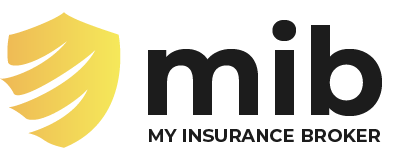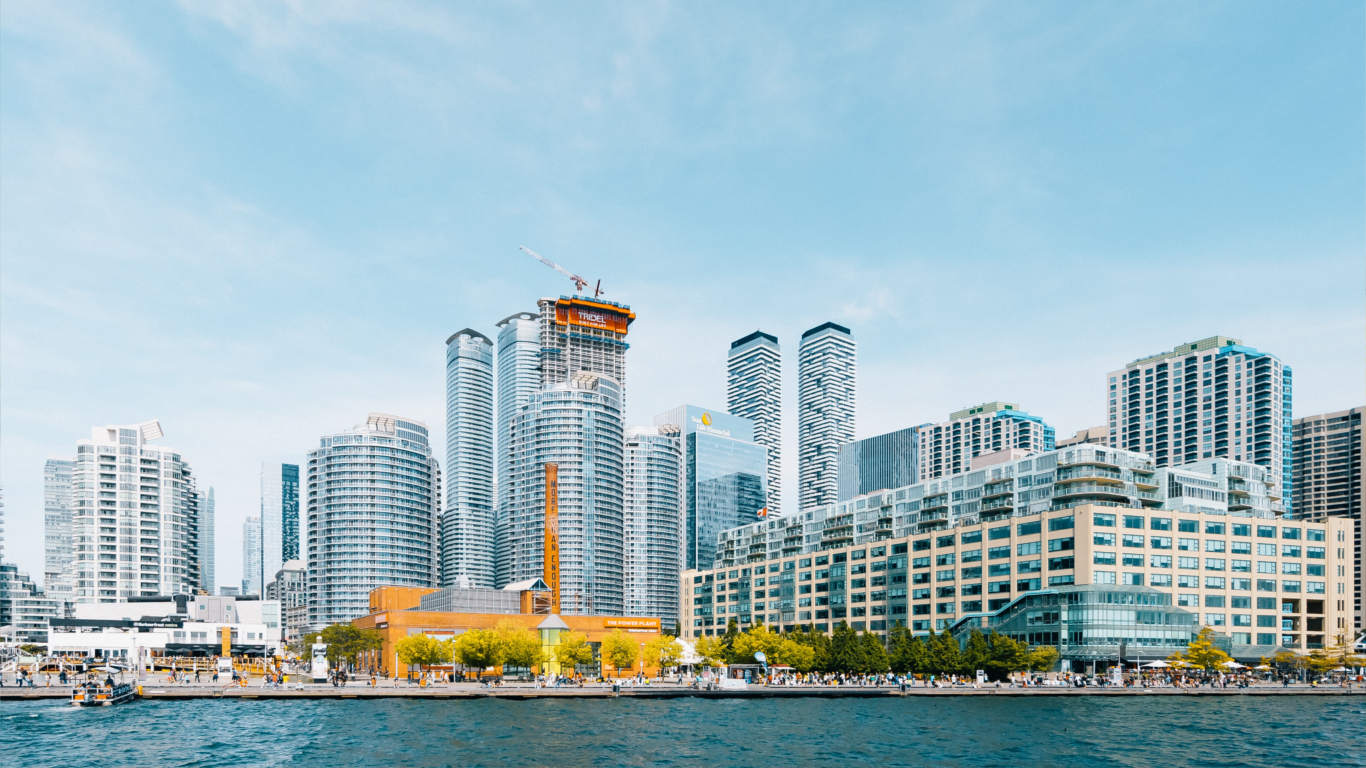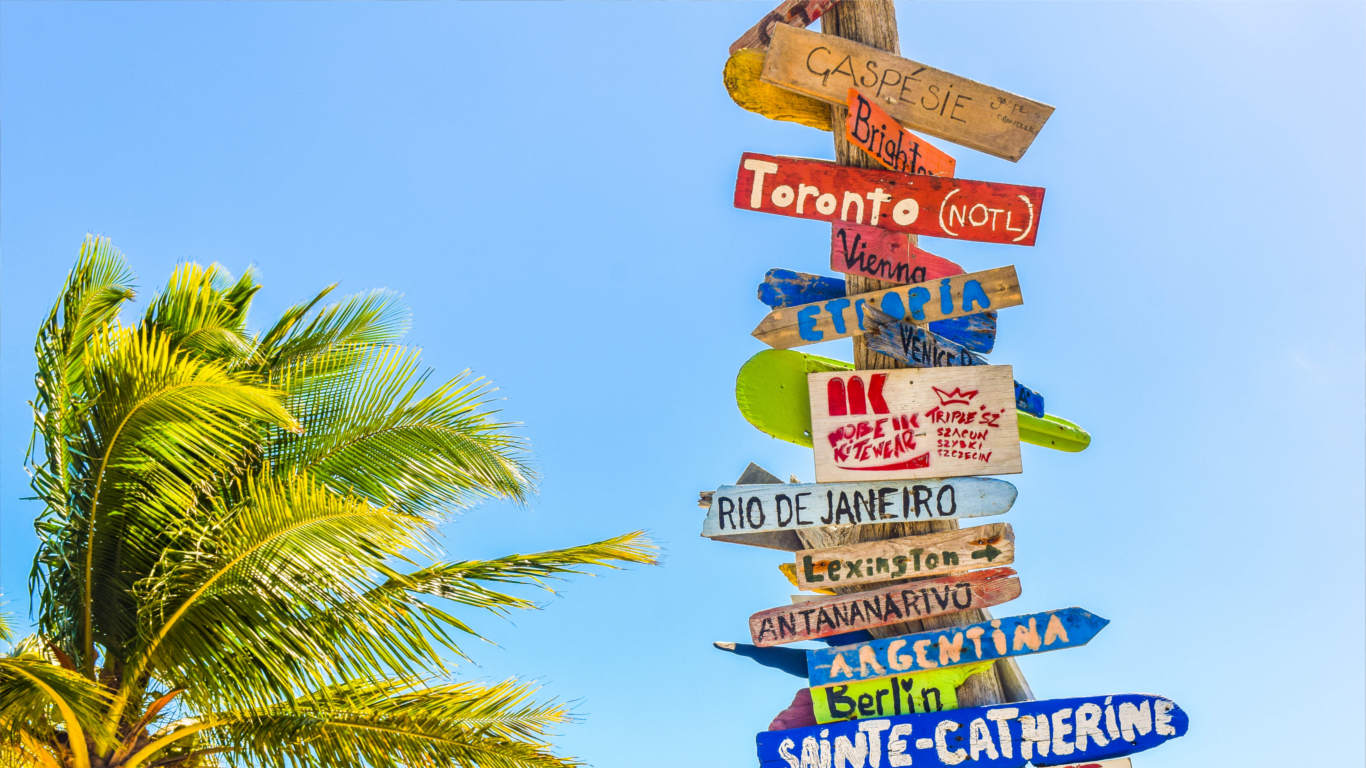What is insurance? And what does insurance mean to you?
Insurance means:
The definition of insurance according to the Insurance Act of Ontario: Insurance means the undertaking by one person to indemnify another person against the loss or liability associated with a loss in respect to a certain risk or peril to which the object of the insurance may be exposed, or to pay a sum of money or other thing of value upon the happening of a certain event. Which leads to the following questions:
- What does insurance mean to you? And
- What does indemnify mean?
What insurance means to you:
Take Ontario car insurance for example, when you purchase an insurance policy including “liability coverage” for your car in Ontario from an insurance company, you have specified circumstances (risks and perils) identified under the “liability coverage” portion of the policy, which are meant to act on your behalf in the event you are considered to be negligent. This may include instances where someone has felt that your actions have caused irreparable harm, either physically, or to their personal property, where they are unable to receive compensation or restitution elsewhere.
This includes, for example, damage to others or other’s property, that in the event of an incident involving damages/losses of those types, you will be covered/reimbursed either monetarily, or through the repairing of your vehicle and/or the person or property damaged (among other possible indemnification options available) from the insurer's funds.
In Ontario, ‘No Fault Insurance’ has been enacted to place onus on your insurance provider to indemnify you. Essentially, to cover your losses and dispute or recoup damages from the ‘At Fault’ party afterward. This allows for a quick, seamless, and amicable resolution to your loss, rather than lengthy, and at times difficult experiences with the third party's insurance company.
In essence, your insurer takes on the risk of you being involved in pre-specified incidents, and uses its funds to reimburse you in the event an incident occurs. Based on your coverage options, the types of perils covered and the limits applicable may vary, but this is where a trusted insurance adviser such as a broker can assist in finding the right policy for you.
As technology enables more ‘share-services’ such as Uber and Lyft to help mitigate our costs as consumers, keep in mind, that insurance is the oldest one of them all. Specifically, sharing a pool of premiums collected by the masses to coverage and protect the losses of the few.
To indemnify means:
That the insurer must make good the amount of the insureds (you) financial loss—no more and no less. This forms the basis of most insurance contracts. To place you right back in the position you were in before the incident, as if it never happened.
The meaning of peril:
Peril is a situation which may cause a loss to happen. Insurance is provided in the event of a loss from a specified peril. A homeowner’s policy, for example, insures against perils like windstorms, fire and theft.
Commonly Insured Perils among Insurers
| Commonly Insured Perils Among Insurers | |
|---|---|
| Explosion | Vandalism or malicious acts |
| Falling object | Water escape, rupture, and freezing |
| Impact by aircraft or land vehicle | Windstorm or hail |
| Lightning damaging electrical devices or appliances | Riot |
| Smoke | |
Perils may be listed, included, or excluded depending on the insurance coverage, provider, and geographic location. For example, negligence, which refers to the act of doing something a reasonable person would not do or the act of omitting something a reasonable person would not, is a peril insured in liability insurance.
Other examples of commonly used terms are "all risks" and "damage however caused", which sound like absolute coverage, but are in fact not. They are excluded in certain instances such as wear and tear and in extreme cases of war or civil unrest. In this example, the extent of insurance coverage is determined by the exclusions. It is always important to understand the limits of coverage, and perils available under your policy. Contacting your insurance or broker can help lend clarity to the types of incidences or perils your policy will protect you against.
What is an insurance hazard?
Insurance hazard means:
Hazard is a condition that may cause a peril to happen or worsen. There are two types of hazards, moral hazard and physical hazard. Which leads to the following questions:
- What is moral hazard? And
- What is physical hazard?
Moral hazard means:
Moral hazard is concerned with conditions that relate to the human element of risk. This type of risk is often difficult to identify and can be impossible or nearly impossible to reduce and eliminate entirely. Moral hazard can refer to fraud, dishonesty, and carelessness leading to an occurrence of Peril or the worsening of Peril.
An example of a moral hazard is if a business owner decided to burn his place of business down in an attempt to collect the insurance. You will see stories in the news, such as this one, related to moral hazard quite often.
Many moral hazards are directly attributable to increased insurance premiums, but the largest culprit is insurance fraud. This is not surprising, considering that according to the Coalition Against Insurance Fraud, in 2006 it is estimated $80 billion worth of insurance fraud happened in the U.S. alone (Wikipedia, 2016).
Physical hazard means:
Physical hazard pertains to the subject matter of insurance and concerns facts that can be determined via inspection. This is commonly conducted for homeowners and business insurance. Examples of physical hazard are building construction, a manufacturing process, the location of a home in relation to water tables and water levels, and the locality of a residence in relation to emergency services such as fire stations.
In the case of physical hazards much of the risks associated with loss can be reduced and in certain cases completely eliminated. This can be done by recognizing a risk via an inspection and corrective measures can be taken to remove or reduce the chance of a peril occurring. Fire prevention techniques and following government mandated construction standards are good examples of how to reduce or eliminate the risks of physical hazards.
What is risk? And what is insurable risk?
Risk means:
In simple terms, risk means the chance of loss. Throughout the course of our daily lives we are exposed to many risks. Risk arises in the absence of certainty… or in other words, where uncertainty exists, there is risk. You risk your life when driving. You risk your health when you consume more than you should. Some may even say, you’re taking a risk by crossing the road. Risk comes in many forms, but all risk exposes you to the possibility of loss. Two types of risk are speculative risk and pure risk. Which leads to the following questions:
- What is speculative risk? And
- What is pure risk?
Speculative risk means:
Speculative risk exists where there is a chance of loss and a chance of profit, essentially risk and reward. Any and all business operations are examples of speculative risk. There is a chance that the business will make a profit by being successful and a chance the business will lose money or fail as a result of many factors including economic conditions and the abilities of the organization to successfully conduct business.
Pure risk means:
Pure risk exists when there is a chance of loss but no chance of profit. This is the type of risk insurance is concerned about dealing with. An example of pure risk is the risk of financial loss associated with owning operating a motor vehicle. A driver may get into an accident, suffer injuries, damage the vehicle, or damage a property. These are some of the risks that may result in financial loss for the driver. In each of these circumstances there is no opportunity or chance of profit as it is insurance companies’ sole responsibility to place one directly in the same or similar circumstance as was enjoyed prior to the loss.
A basic test to determine is something is insurable is to ask:
- Is there a chance of loss?
- Is there a chance of profit?
If the answer to the first question is YES and the answer to the second question is NO then the subject in question is insurable.
Examples of insurable risk include:
- Personal risks
- Property risks
- Liability risks
Each of which can be grouped into three classes:
- Personal lines
- Commercial lines
- Special risks
What is Personal Injury Liability?
Personal injury Liability is Injury other than bodily injury arising out of defined causes which usually include false arrest or detention, malicious prosecution, wrongful entry or eviction, libel or slander or violation of a person’s right to privacy other than in the course of advertising, broadcasting, television, and publishing.









